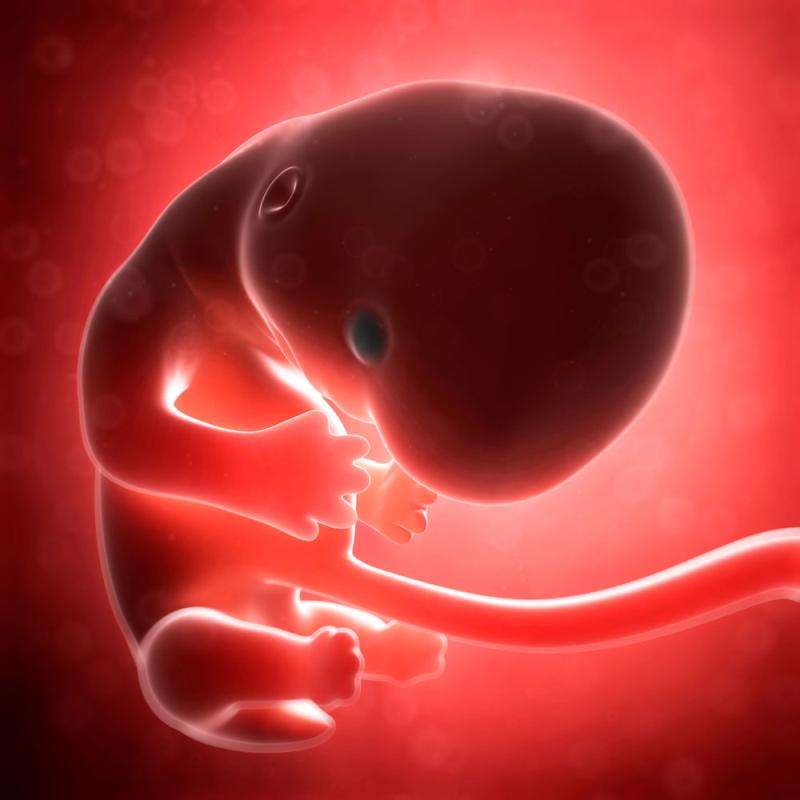
Women with diminished ovarian reserve (DOR) are at higher risk of experiencing recurrent pregnancy loss (RPL), with low antimüllerian hormone (AMH) levels and antral follicle count (AFC) predictive of miscarriage, according to a recent study.
Researchers searched multiple electronic databases for pertinent studies. They included 15 observational studies, which involved 3,082 women and six ovarian reserve tests (AMH, follicle-stimulating hormone [FSH], oestradiol, luteinizing hormone [LH], AFC, FSH:LH ratio), in the meta-analysis.
Twelve studies were case-control in design, while the other three were cohort. The majority defined RPL as three or more miscarriages, with 10 studies specifically stating that pregnancy losses occurred in the first trimester or at <20 weeks’ gestation. The average age of the participants was 32.0 years in the RPL group, 32.4 years in the non-RPL group, 35.5 years in the unexplained RPL group, and 34.3 years in the explained RPL group.
Pooled data showed that women with RPL were more likely to have DOR compared with those who did not have RPL as measured by low AMH levels (odds ratio [OR], 2.77, 95 percent confidence interval [CI], 1.41–5.46) and low AFC (OR, 2.45, 95 percent CI, 1.16–5.19). The association was more pronounced for unexplained RPL as opposed to RPL with a known aetiology as evaluated by low AMH levels (OR, 3.23, 95 percent CI, 1.81–5.76).
There were no significant differences seen in the levels of any of the remaining ovarian reserve tests among the groups of women.
The present data may be of help to women with DOR and their physicians in terms of weighing the available treatment options and optimizing outcomes, the researchers said.